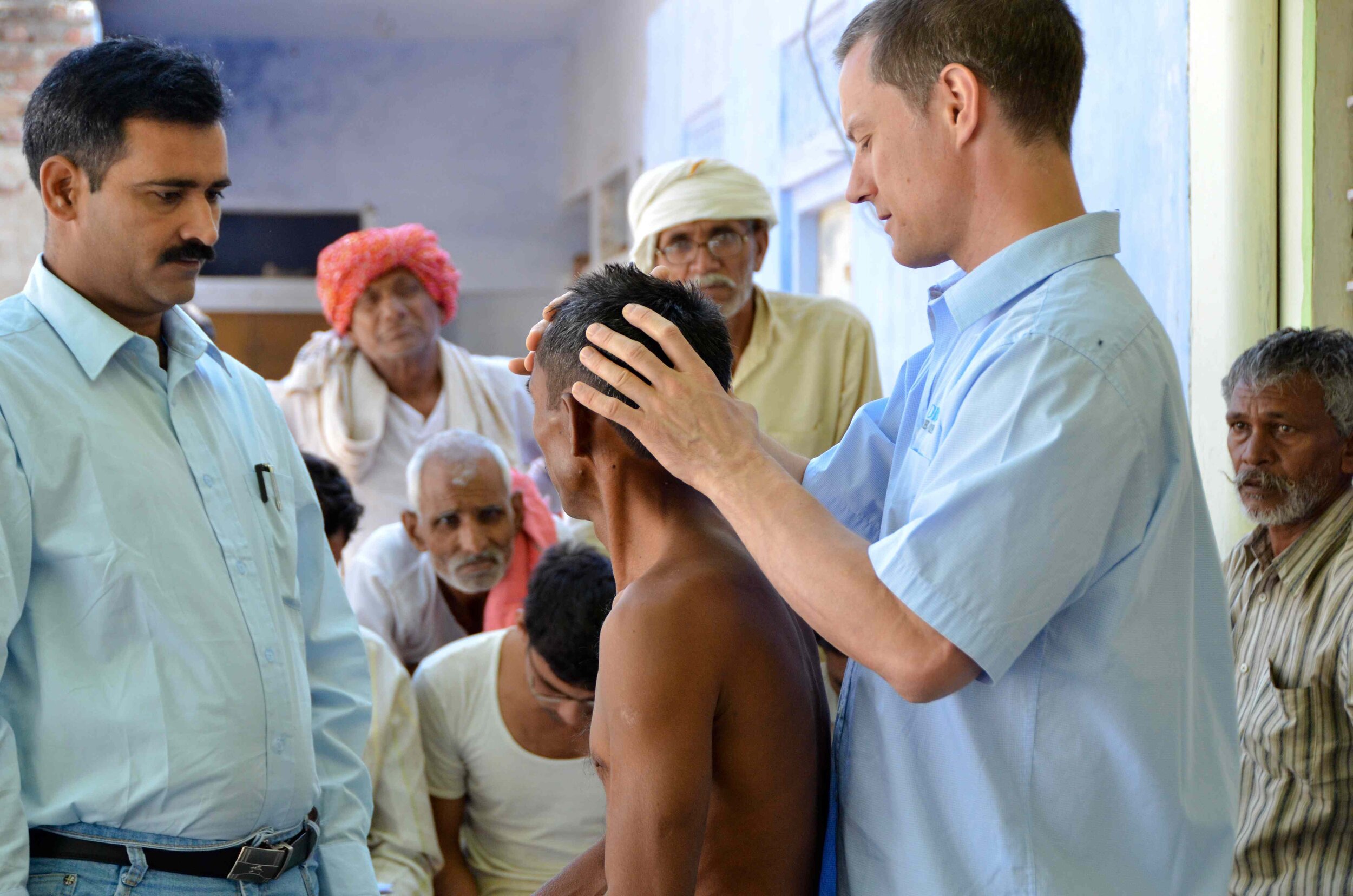
We believe that everyone deserves access to safe and effective spine care.
What we do.
The Global Spine Care Initiative (GSCI) was created by World Spine Care to reduce the global burden of disease and disability by bringing together leading healthcare providers, scientists, specialists, government agencies, and other stakeholders to transform the delivery of spine care.
Despite the impact of spine disorders, there remains no widely accepted model for prevention and care that could reasonably be considered by communities or governments hoping to reduce the disability caused by spinal disorders, especially in underserved and low- to middle-income communities worldwide.
The Global Spine Care Initiative is attempting to fill this gap. The goal is to determine what approaches are most likely to help people who have spinal disorders and to develop a model for prevention and care that could reasonably be instituted in communities with different levels of resources.
Global Contributors
Sixty-eight clinicians, scientists, patients, and policymakers participated in the deliberations and are authors of one or more of the GSCI papers. Fifty-seven have provided spine care in 34 countries (high-, middle-, and low-income countries, as well as underserved communities in high-income countries).
The majority of GSCI contributors reported either personally experiencing or having a close family member with one or more spine concerns: spine-related trauma or injury, spine problems that required emergency or surgical intervention, spine pain referred from non-spine sources, spinal deformity, spinal pathology or disease, neurological problems, and/or mild, moderate, or severe back or neck pain. Thus, each has personally experienced the impact of spine-related disorders.
Dr. Scott Haldeman
Principal Investigator
Spinal disorders, including low back and neck pain, have become an enormous international health crisis. The World Health Organization's Burden of Disease report shows that low back pain is the number one cause of disability worldwide with neck pain in fourth.
Over one billion individuals are impacted by back and neck pain and the prevalence of these conditions is increasing.
Spine conditions have a greater impact on women, the poor, and the elderly and can result in poverty and death through starvation.
Managing these conditions is a particular challenge in low resource settings, where effective models of care must also be efficient and sustainable.
Global Impact
Inability to work due to spine pain or disability may result in a catastrophic chain of events for a family struggling financially.
Spinal conditions cost billions of dollars each year through health care fees, diminished income, and loss of productivity.
A World Health Organization Global Burden of Disease report published in the The Lancet (2012) reported:
Low back pain is the leading cause of disability.
Neck pain is the fourth leading cause of disability.
Low back pain and neck pain affect 1 billion people worldwide.
Spinal pain contributes more to the global burden of disease than HIV, diabetes, malaria, stroke, Alzheimer’s disease, breast and lung cancer combined, traffic injuries, and lower respiratory infections.
The most common spine-related concerns that people present with are back and neck pain, which affects people in all nations around the world.

Spine-related concerns may be complex, but excellent spine care does not need to be.
Contact
Feel free to contact us with any questions.
Email
gsci@worldspinecare.org




